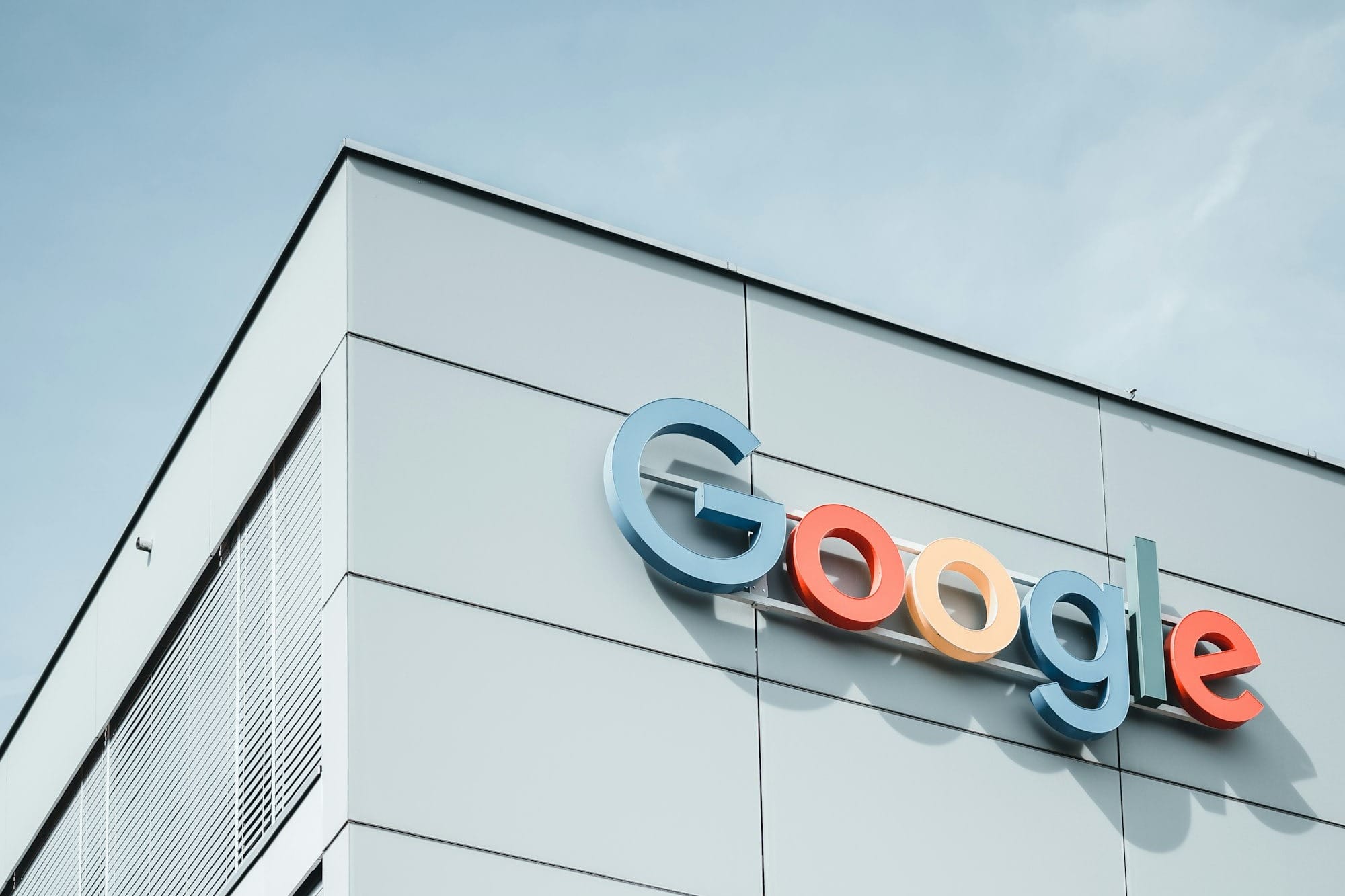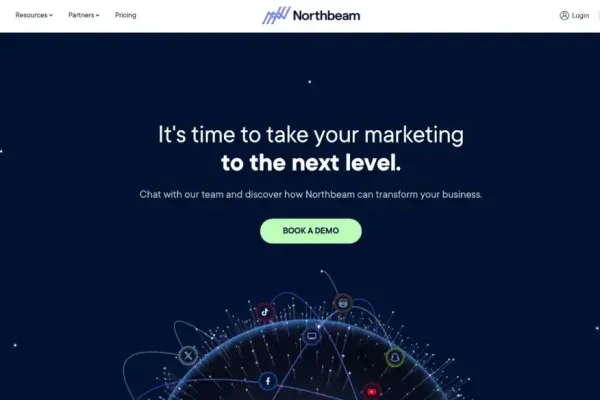Google Ads offers several keyword matching options to help advertisers control how closely a user's search query needs to match their keyword before it triggers an ad. These matching options are essential for optimizing ad spend and targeting the right audience.
1. Broad Match
Definition:
- Broad Match: This is the default setting for keywords in Google Ads. It allows your ad to show on searches that include misspellings, synonyms, related searches, and other relevant variations.
Example:
- Keyword: "women's hats"
- Possible Matches: "buy ladies hats", "women’s caps", "female headwear"
Advantages:
- Reach: Provides the widest reach by matching a variety of search queries.
- Volume: Good for gathering data and finding new keywords.
Disadvantages:
- Relevance: Can lead to ads being shown for irrelevant searches, potentially wasting budget.
- Cost: Higher potential for irrelevant clicks, leading to higher costs.
When to Use:
- Use broad match when you want to attract a large audience and are willing to refine your keyword list based on performance data. It's particularly useful for discovery campaigns and expanding reach.
2. Broad Match Modifier (Deprecated)
Definition:
- Broad Match Modifier (BMM): Allowed more control than broad match by specifying that certain words must be included in the user's search query. As of July 2021, BMM has been merged into the phrase match type.
Example:
- Keyword: "+women's +hats"
- Possible Matches: "women's summer hats", "hats for women"
Advantages:
- Control: More targeted than broad match but still captures a wide audience.
Disadvantages:
- Complexity: Required careful management and monitoring.
When to Use:
- Previously used for more targeted broad searches. Now, phrase match is the recommended alternative.
3. Phrase Match
Definition:
- Phrase Match: Your ad will show on searches that include the meaning of your keyword. It offers more control than broad match but still captures a variety of relevant searches.
Example:
- Keyword: "women's hats"
- Possible Matches: "affordable women's hats", "buy women's hats online"
Advantages:
- Relevance: Ensures the search query contains the keyword phrase in the correct order.
- Control: Balances reach and relevance effectively.
Disadvantages:
- Flexibility: Less flexible than broad match in terms of variations and related searches.
When to Use:
- Use phrase match when you want to maintain some control over the relevancy of your traffic but still reach a broad audience. Ideal for mid-funnel strategies where the intent is more defined.
4. Exact Match
Definition:
- Exact Match: Ads are shown only on searches that match the exact meaning or close variations of your keyword.
Example:
- Keyword: [women's hats]
- Possible Matches: "women's hats", "hats for women" (close variation)
Advantages:
- Precision: Highest level of control, ensuring high relevance.
- Efficiency: Minimizes wasted ad spend on irrelevant clicks.
Disadvantages:
- Reach: Limited reach compared to other match types.
- Volume: Fewer impressions and clicks, which can limit data for optimization.
When to Use:
- Use exact match for high-precision targeting when you have a clear understanding of your audience's search behavior. Ideal for lower-funnel strategies aimed at converting ready-to-buy customers.
5. Negative Match
Definition:
- Negative Match: Prevents your ad from being shown on specific searches. Useful for filtering out irrelevant traffic.
Example:
- Negative Keyword: "free"
- Possible Matches Excluded: "free women's hats", "women's hats free shipping"
Advantages:
- Cost-Effective: Reduces wasted ad spend on irrelevant clicks.
- Refinement: Helps refine traffic to more relevant searches.
Disadvantages:
- Over-Exclusion: Risk of over-excluding relevant searches if not managed carefully.
When to Use:
- Use negative match to filter out irrelevant traffic and improve the quality of your clicks. Essential for refining campaigns and improving ROI.
Choosing the Right Match Type
Broad Match:
- When to Use: For initial campaigns, discovery phases, or when you need maximum reach and are okay with refining keywords later while spending money.
Phrase Match:
- When to Use: When you need a balance between reach and relevance, ideal for targeting mid-funnel audiences.
Exact Match:
- When to Use: For highly targeted campaigns aimed at capturing ready-to-convert traffic, focusing on lower-funnel strategies.
Negative Match:
- When to Use: Continuously, to exclude irrelevant searches and optimize ad spend, improving the overall effectiveness of your campaigns.
How's Bing Different From Google?
While Bing Ads offers similar keyword matching options to Google Ads, there are nuances that advertisers should consider. Both platforms provide broad, phrase, exact, and negative match types, each serving different strategic purposes. Bing Ads can be particularly valuable for reaching a specific demographic or for campaigns looking for cost-effective alternatives to Google Ads. By understanding and leveraging the strengths of each platform's keyword matching options, advertisers can optimize their campaigns for better performance and ROI.
1. Market Reach and Audience:
- Google Ads: Dominates the market with the largest share of search traffic.
- Bing Ads: Has a smaller but valuable audience, often with different demographics that might be beneficial for specific industries.
2. Cost Per Click (CPC):
- Google Ads: Generally has higher competition, leading to higher CPCs.
- Bing Ads: Typically lower competition and CPCs, which can be cost-effective for advertisers.
3. User Demographics:
- Google Ads: Attracts a diverse audience across all demographics.
- Bing Ads: Often has an older, more affluent audience, which can be advantageous depending on the product or service being advertised.
Final Thoughts
Understanding and utilizing the different keyword matching options in Google Ads is crucial for optimizing your campaigns. Each match type serves a specific purpose and can significantly impact your ad performance and budget efficiency. By strategically employing broad, phrase, exact, and negative matches, you can effectively reach your target audience, minimize wasted spend, and maximize your return on investment.








